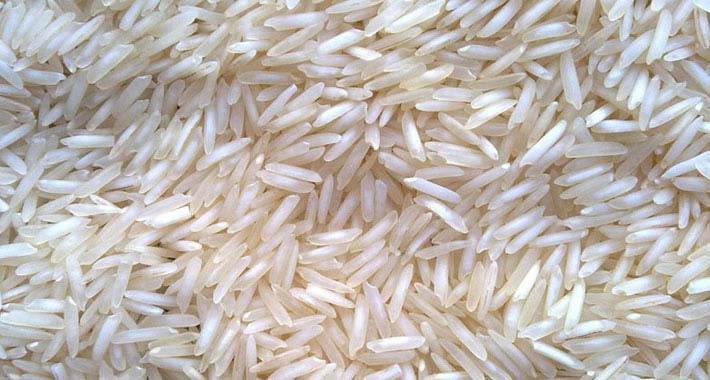India likely to shift rice exports to NCEL, potentially reducing FCI’s role
By Namarita Kathait and Tanya Rana
India’s white rice exports may face challenges as the government plans to empower the National Cooperative Exports Limited, or NCEL, to take over the white rice free trade, reducing reliance on the Food Cooperation of India, or FCI, sources told S&P Global Commodity Insights on Sept. 6.
Even with NCEL’s intervention, allowing the export of white rice would enhance India’s export potential, making it globally accessible without quota restrictions. This move could encourage all exporters to increase their sales. However, prices for Parboiled 5% rice are likely to rise, according to sources.
“The government plans to permit exports only through NCEL after removing quota system, bringing 14 commodities, including rice, under this model,” Dev Garg, vice president of Indian Rice Exporters Association, said.
Garg also added that the government is considering replacing the FCI procurement process in the long run with NCEL, which would be responsible for managing surplus rice, procuring paddy at MSP directly from farmers, getting it milled, and exporting it to global buyers, while FCI focuses solely on buffer stock.
“Exporters exercise more flexibility in free trade than NCEL. NCEL will have to do away with 20% duty; otherwise, it will not be able to compete in with other origins,” Garg said.
NCEL was established as an umbrella organization aimed at boosting exports across the entire cooperative sector in the country.
Will NCEL remain competitive?
Some market participants have questioned the feasibility of the model due to NCEL’s limited infrastructure and experience. However, others see potential for NCEL to enable millers to secure a larger share of export market, although progress may be slow.
“The government plans to export rice through NCEL, aiming to transfer export profits directly to farmers, similar to the AMUL model,” said a Delhi-based source who participated in a meeting held by the ministry this week. “While this initiative is intended to benefit farmers, it’s not entirely practical.”
“NCEL is genuinely trying to support the farming community, and it’s a commendable effort,” the Delhi-based source added. “However, there are practical challenges, especially in riskier markets like Africa. These limitations mean that success will require collaboration with experienced exporters and millers, and even then, it will take time,”
The source also added that this initiative would help reduce some of the load on the Food Corporation of India, as NCEL will be purchasing rice from farmers.
While Indian white rice may risk losing competitiveness to other countries, Indian millers will have the chance to secure a larger share of the Indian rice export market.
“If NCEL takes over, millers will get a chance. However, the government may remove cooperatives from the picture to be more competitive globally as that would lower white rice prices by $18/mt,” a miller/exporter based in Andhra Pradesh said.
Platts heard mixed reactions from market participants.
“Not sure whether such a model will be feasible, as a government arm doesn’t have that manpower or infrastructure to handle the huge volumes that a free trade experience,” Jatin Mahajan, trading manager at Adani Wilmar Limited, said. “However, NCEL has seen additions to its leadership position, and the government might be plotting something bigger. The change will be slow.”
According to an exporter based in Chhattisgarh, “NCEL won’t be able handle the volume of trade alone and lose competitiveness. If it does happen, the movement will be very slow.”
The government put a ban on white rice exports in July 2023 and levied 20% export duty on Parboiled rice in August 2023. Despite the duty, Indian Parboiled 5% price has remained the most competitive in the world.
This article has been republished from spglobal

